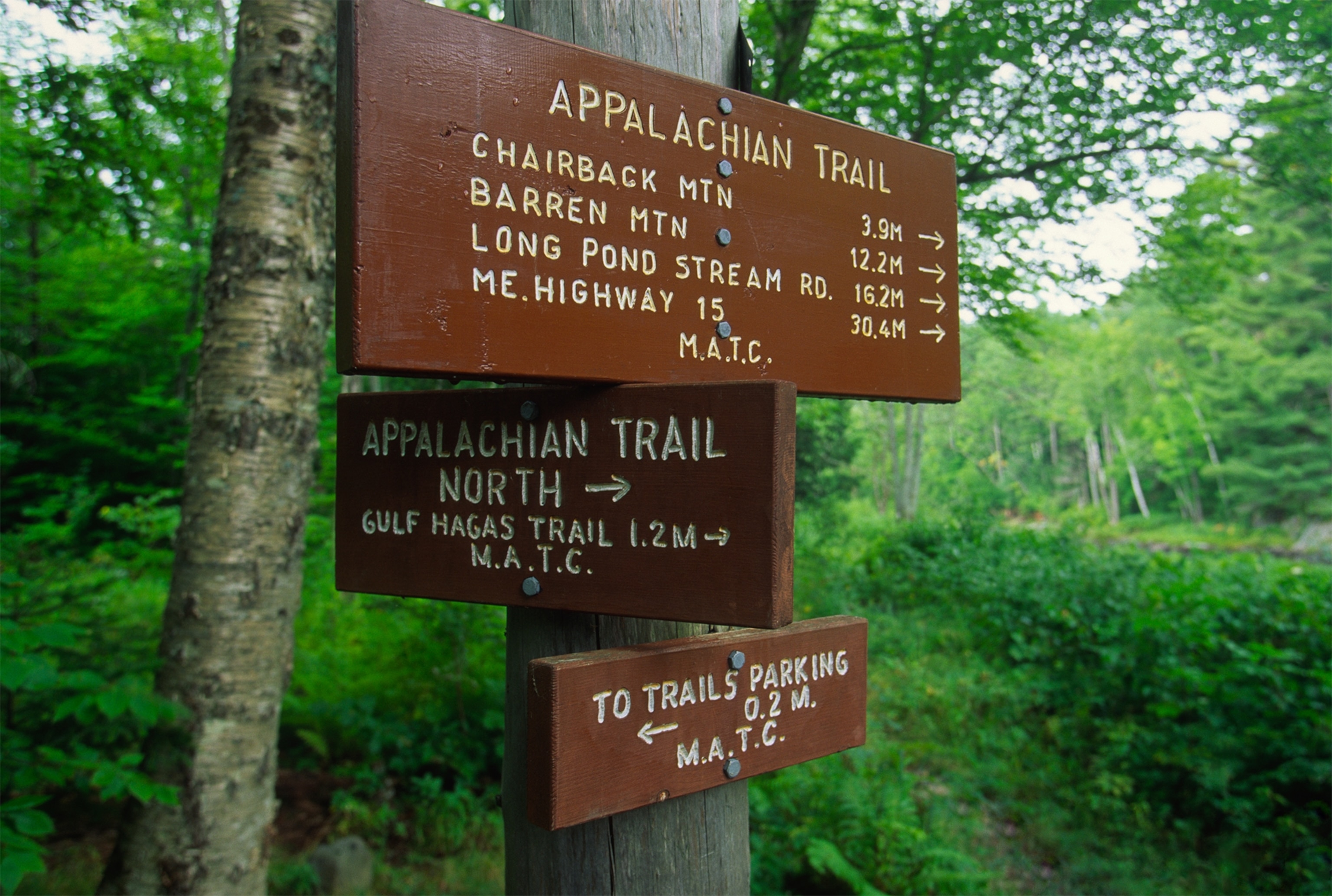
How Backpacking Can Put You in Touch With Your Inner Saint
We value wilderness more because we're losing it, says author Belden C. Lane.
The box office success of the movie Wild, about one woman's trek along the 2,650-mile Pacific Crest Trail to heal a broken heart, has led to an explosion of interest in wilderness hiking as a way of connecting to nature—and our deeper selves.
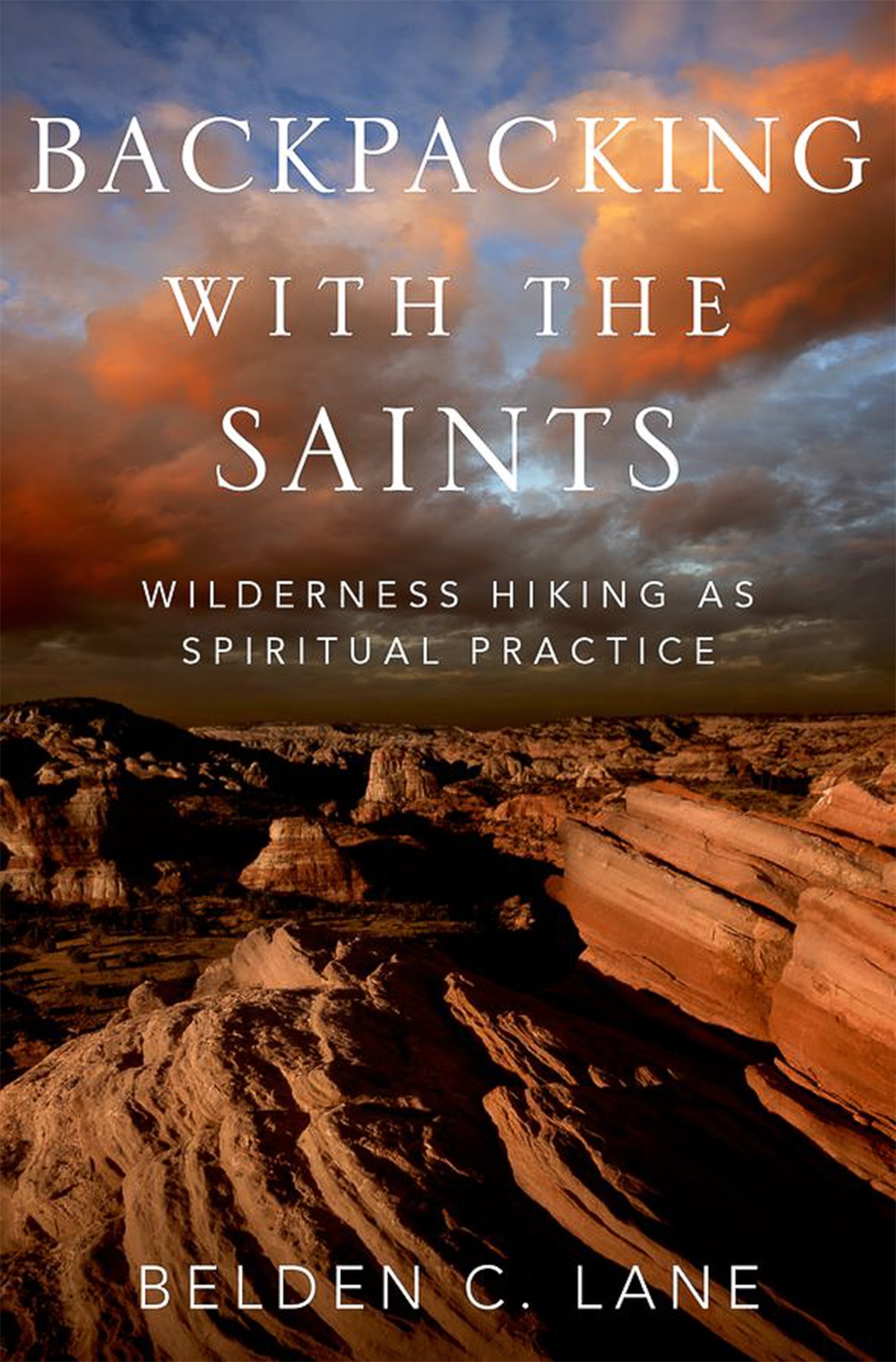
From his home in St. Louis, lifelong hiker and spiritual searcher Belden C. Lane, author of Backpacking With the Saints, talks about what draws him to wild places, what the ancient Desert Christians can teach us, and how he might one day set off—and never come back.
There seems to be a new interest in wilderness backpacking. Take the popularity of Cheryl Strayed's Wild: Lost and Found on the Pacific Crest Trail. What's this all about?
I've been backpacking for 30 years, and all of a sudden it's taken off. There's another movie, starring Mia Wasikowska, called Tracks that tells the story of Robyn Davidson, who walked 1,700 miles across Australia's central desert in her 20s. And there's a new interest in walking sacred trails. Two hundred thousand people will hike at least part of the Camino de Santiago, in northern Spain, this year.
My take on this is that we're valuing wilderness more because we realize we may be losing it. Wendell Berry says there are only two kinds of places: sacred places and desecrated places, and we're finding more and more of the latter.
So this isn't a mostly male-dominated subculture?
No, not at all! There's a wonderful story in the book about the first woman through hiker, who finished the Appalachian Trail in 1955. Her name was Emma Gatewood. A grandmother of 23, she hiked the trail alone at the age of 67. Women are feeling freer through hikes out in the wild and doing it more and more.
What is it about backpacking that makes it a "spiritual practice"?
There's a sense of being taken to the edge. I have to draw on resources I didn't know I had. Maybe most importantly, my ego gets challenged. It makes me hungry for a beauty I cannot control. It teaches me to travel light. There's something wonderful about the idea that all you really need is what you can carry on your back like a turtle, both in terms of actual essentials and in terms of letting go of things in your life that you need to release.
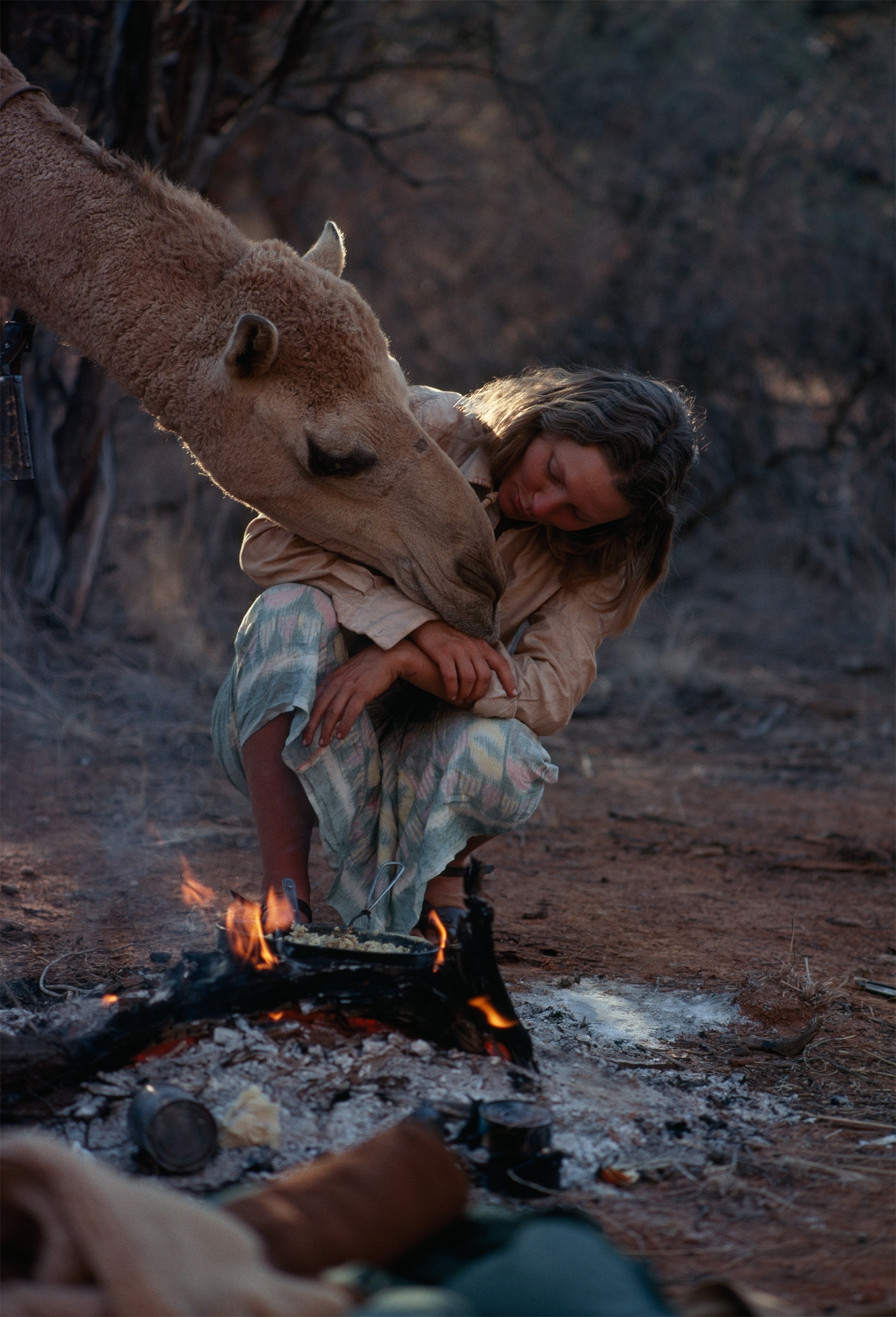
The trail also teaches me a sense of mindfulness, as the Buddhists would call it. You've got to pay attention to the weather, you've got to pay attention to blisters and places where you may be hiking or camping for the night. But the most important thing for me is silence and solitude.
Explain what you actually mean by "backpacking with the saints." Obviously, you can't take the complete works of Aristotle along.
[Laughs] It does sound kind of self-defeating, doesn't it? To take books along with you out in the wild. But it's like having a Zen master walking along with you, who's able to slap you upside your head as required, telling you to pay attention to what's happening around you, and in you, in this moment.
I rarely take an entire book. I may take a few pages of something that's drawn me or a few lines of poetry—some Rumi, or Saint John of the Cross. Someone recently said that spiritual classics are potentially dangerous books, because they can change your life. And reading a potentially dangerous book in a potentially dangerous place—six miles in from the trailhead, by firelight, on a moonless night—gives an extra edge to the teaching that's being offered.
You refer to yourself as an academic in recovery.
I taught for over 35 years with the Jesuits at Saint Louis University. One of the things I found in my first year of retirement was that I needed to get the university out of my head. So over the last several years I've been withdrawn more and more out of the university and into the wilderness. I call myself a scholar in recovery, getting over my addiction to footnotes, my addiction to needing the approbation of other scholars, and accepting the invitation to move out of my head and into my gut and my heart, which the wilderness demands of you.
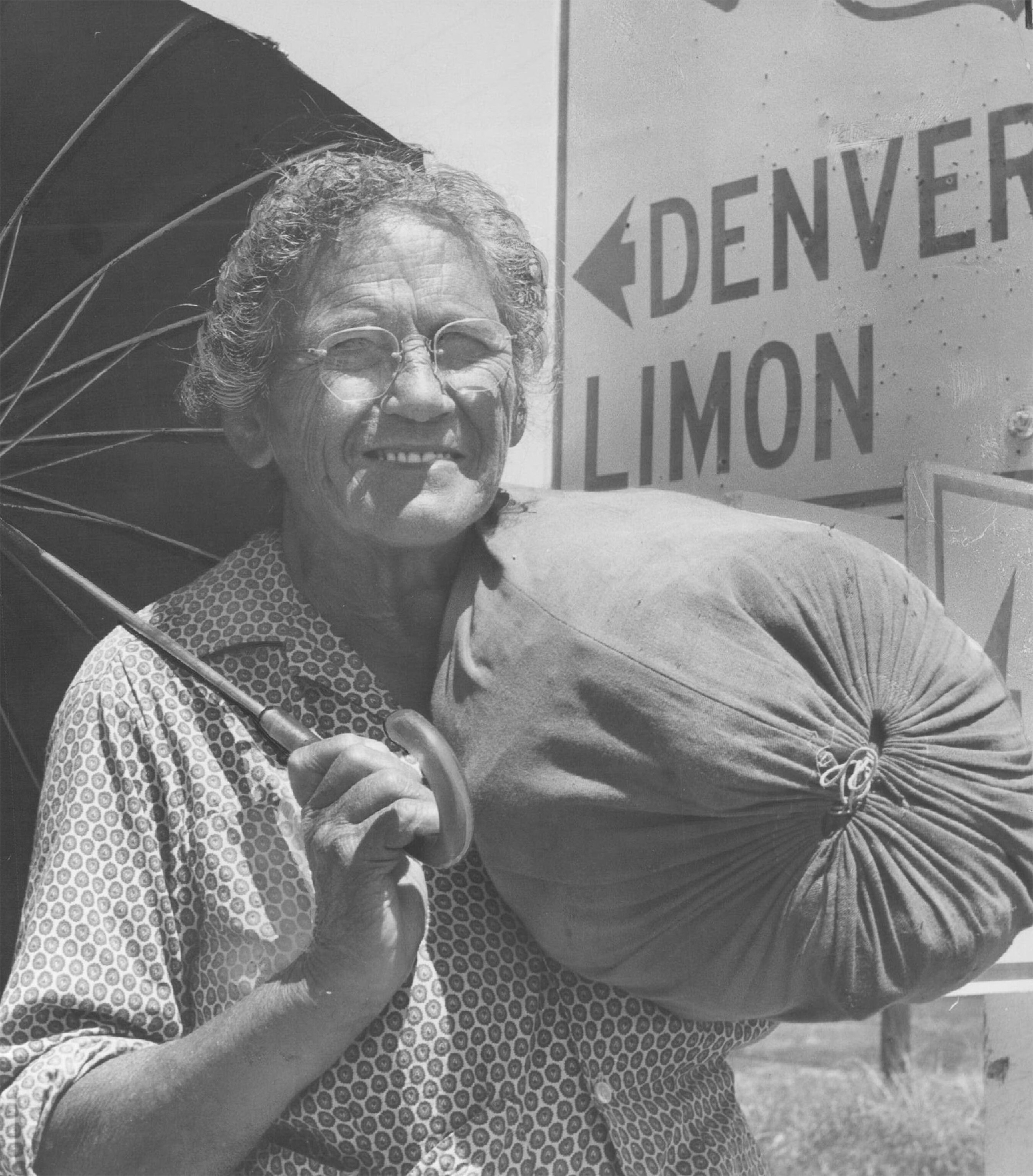
Wilderness backpacking can be therapeutic. It can also be terrifying. Describe your experience in the Maze in Utah.
That is an incredible place. Backpacker magazine calls it the most wild—even dangerous—place to hike in North America. It's not far from the Colorado River in southern Utah. Water erosion has wound in a serpentine way through this mazelike area, creating walls 400 to 500 feet high and 50 feet across at the bottom. I was walking there one full-moon night and had a kind of personal revelation.
Much of my journeying in the wilderness has been an effort to come to terms with loss in my life. My dad committed suicide when I was 13, and that was the formative narrative of my life. That night I had an extraordinary sense as if I were touched on the back of my neck—a sense of numinous awe, yet at the same time a sense of my dad's presence.
Desert terrain is like a homeopathic cure. The homeopathic idea is that like cures like. So if you're struggling with emptiness, or grief and loss, you go to a place of emptiness. So many people dealing with loss in their life go into the wilderness, allow themselves to not fight it, and be present—and discover an invitation to wholeness.
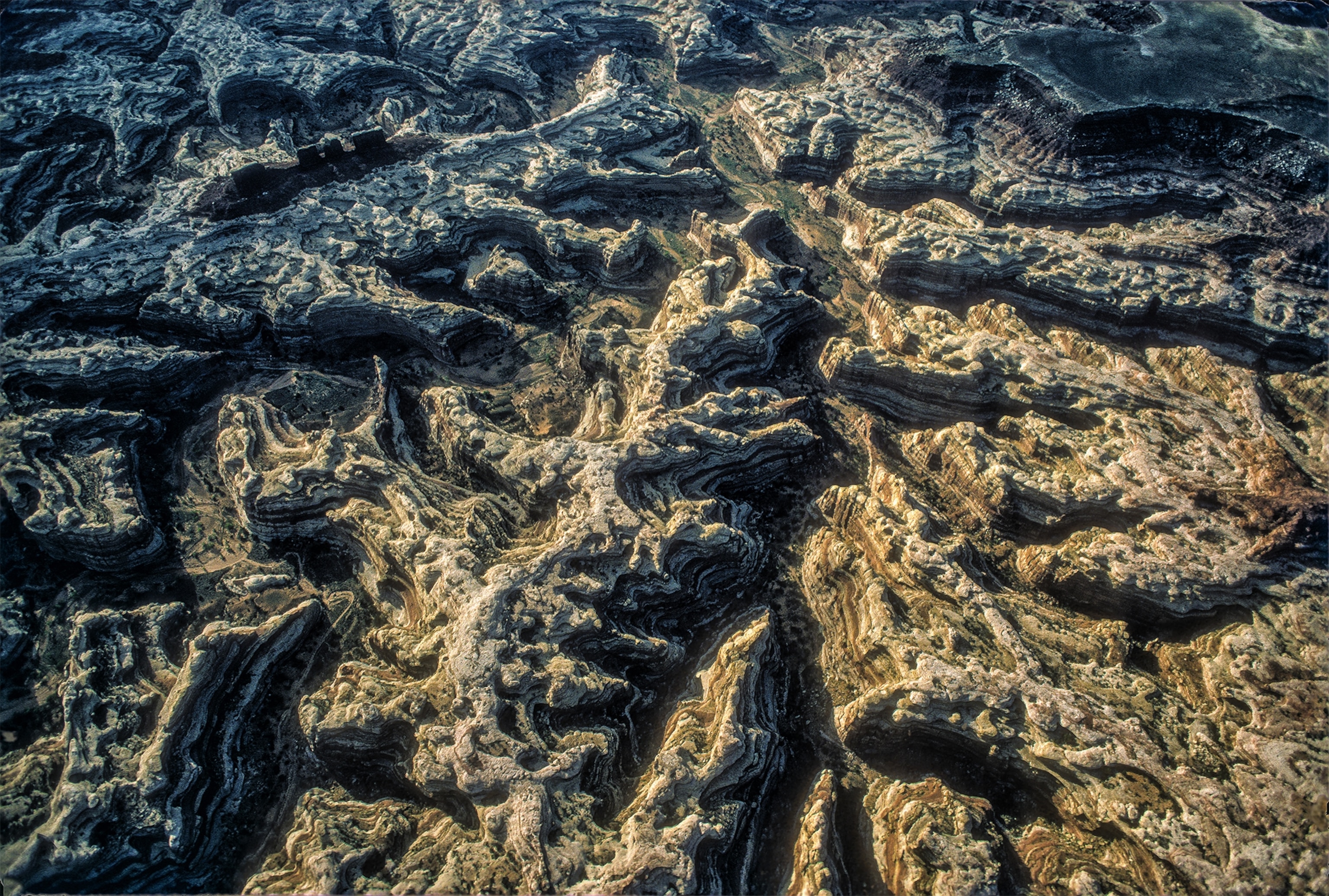
Geography and religion are curiously intertwined. People are drawn to sacred places, pilgrimage sites, "places of power" as identified by indigenous people. Why is place important in the formation of a person's identity?
The Spanish philosopher Ortega y Gasset once said, Tell me the place where you live, and I'll tell you who you are. I think he also could have said, Tell me the place to which you are drawn, and I'll tell you who you are becoming. Much of my writing over the last 30 years has had to do with place and how formative that is for our identity. There are people who are fed by mountains, by ocean terrain or deserts, rivers, and even the anonymity of a great city. Different qualities draw us to places at particular times in our lives, depending on what we need.
One of your sources of inspiration is the "wilderness spirituality" of the early Desert Christians. Who were these people?
They were a fascinating group of men and women. They lived in the fourth century A.D., when Constantine had made Christianity not only legal but also the most powerful religion in the Roman Empire. A lot of Christians started to do well and become very wealthy. As a result, they lost their original vitality. So the Desert Christians went into the desert of Egypt, southern Palestine, and Syria to live a simpler life and practice the teachings of Jesus with a greater authenticity. I use the wilderness spirituality of the Desert Fathers as a pattern for the various narratives that I weave in the book.
You came from a strict Christian upbringing. Talk a bit about your early life and its connection to wilderness backpacking.
I was raised in a fundamentalist background in the South. We sang gospel songs. This world is not my home/I'm just a passing through/My treasures are laid up somewhere beyond the blue. We were taught not to think much of this world, because the next world was the one that mattered. But I also grew up near the swampland and pine forests of central Florida. And that's where I got my real religious education and my love of wilderness.
Wilderness backpacking can be dangerous. Have you ever got into serious trouble?
Not really, compared to many wilderness stories. One night down in the Ozarks, I had thrown stuff together—I'm just needing to get out of town on a Friday—and I forget tent poles. So I jerry-rigged the tent on top of this mountain. Later that night, a huge thunder and lightning storm comes through and blows everything to pieces. I survive that.
But the next morning I'm letting things dry out and cooking my breakfast, when I hear rustling behind me. I turn round, thinking it's a squirrel, and there's this young bear about 15 feet away, maybe a year old and a hundred pounds. Fortunately, he runs off when he sees me. I then start beating with my spoon on the pot to make sure his mother knows that I'm there. [Laughs] That's probably the closest I've ever run into any trouble.
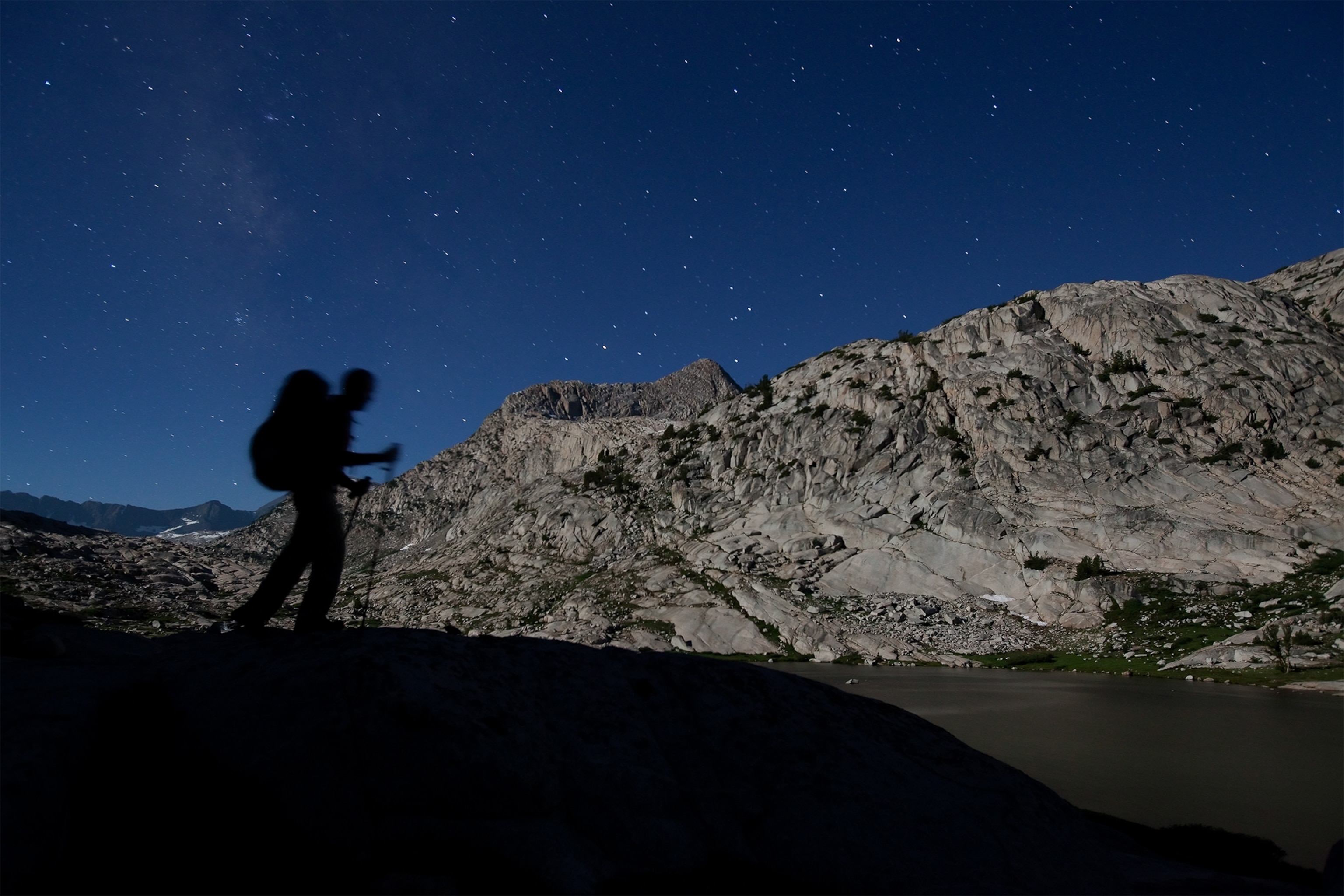
You always hike alone. What does your wife think of that?
She worries. But she knows I'm very careful, for her sake as well as my own. I don't wander very far anymore. I will probably hike three to six miles at the most and set up camp. I don't do any dangerous rock climbing or anything anymore either. And I've committed to a GPS so that I can find my way out or somebody can find me.
Have you ever thought of walking off and never coming back?
Ha! [Laughs] I think everybody who loves wilderness thinks that. I would never commit suicide, knowing, as a suicide survivor, what pain that brings. But if you knew that your life were near its end and were able to just walk out on your last hike and let go out there ... there's something marvelous about that.
You're involved with men's "right of passage" workshops." Put us around the campfire.
I work with the ManKind Project and a group called Illuman. It carries on the work of Father Richard Rohr, a Franciscan in Albuquerque who was influenced by Robert Bly and developed the idea of men's rights of passage, with the idea that in five generations or so, men's initiation, especially for young boys, would be a regular thing again in our culture.
These rites of passage are mainly for older men though, who are moving into the second half of life. There will be rituals carried out according to traditional rites of passage initiation—the kind of thing that Joseph Campbell was fascinated with. There'll also be solo time out in the desert. One of the places that I love is Aravaipa Canyon, out in the Sonoran Desert.
It gives men the chance to spend time in silence and work through death or loss issues or grief issues—things that need to be released in their lives, so as to become accountable and go back and reconnect with family and the larger community. The wilderness has always been the place where men come of age and recognize the foolishness of the models we've been taught about what it means to be masculine in our culture.
What advice would you give to someone going wilderness backpacking for the first time?
Don't go alone initially. You need to learn the basics. You need to hike with other people to get some experience under your belt, so that you're comfortable with the decisions that need to be made at times. I'd hook up with your local Sierra Club. They know the best trails in the area. The National Outdoor Leadership School also has a wonderful wilderness guide.
And don't forget the tent poles ...
[Roars with laughter] Right!
Simon Worrall curates Book Talk. Follow him on Twitter or at simonworrallauthor.com.